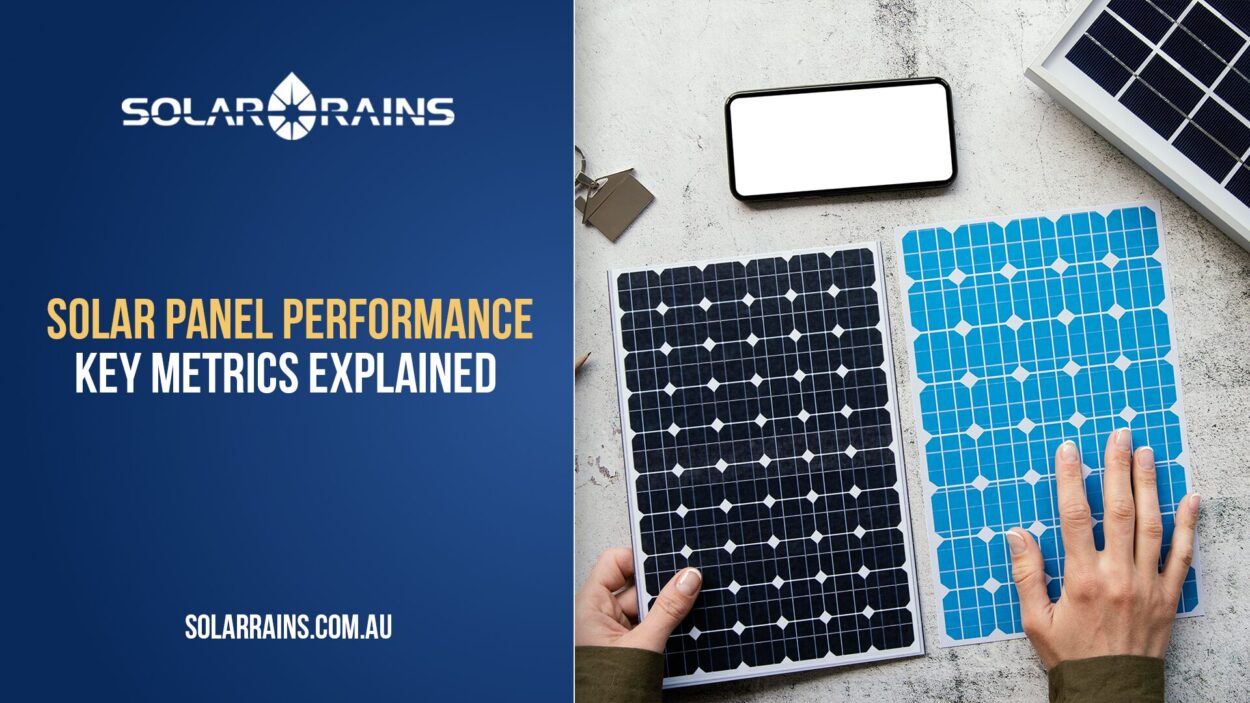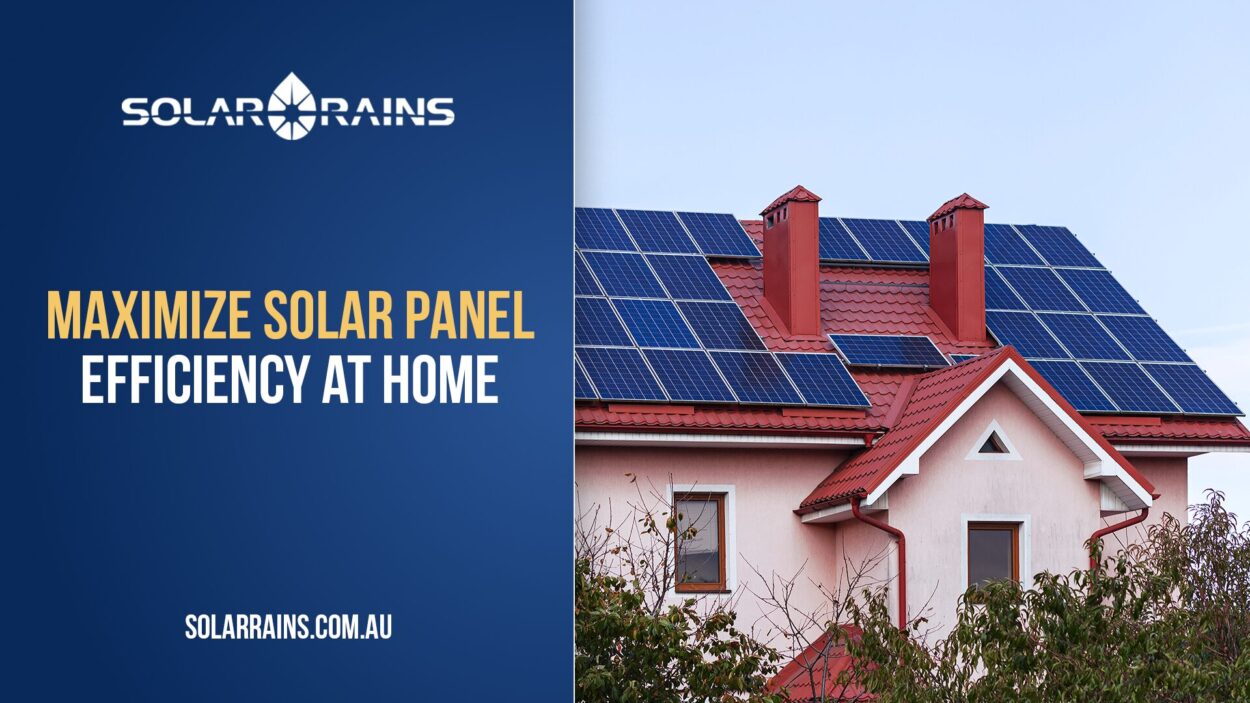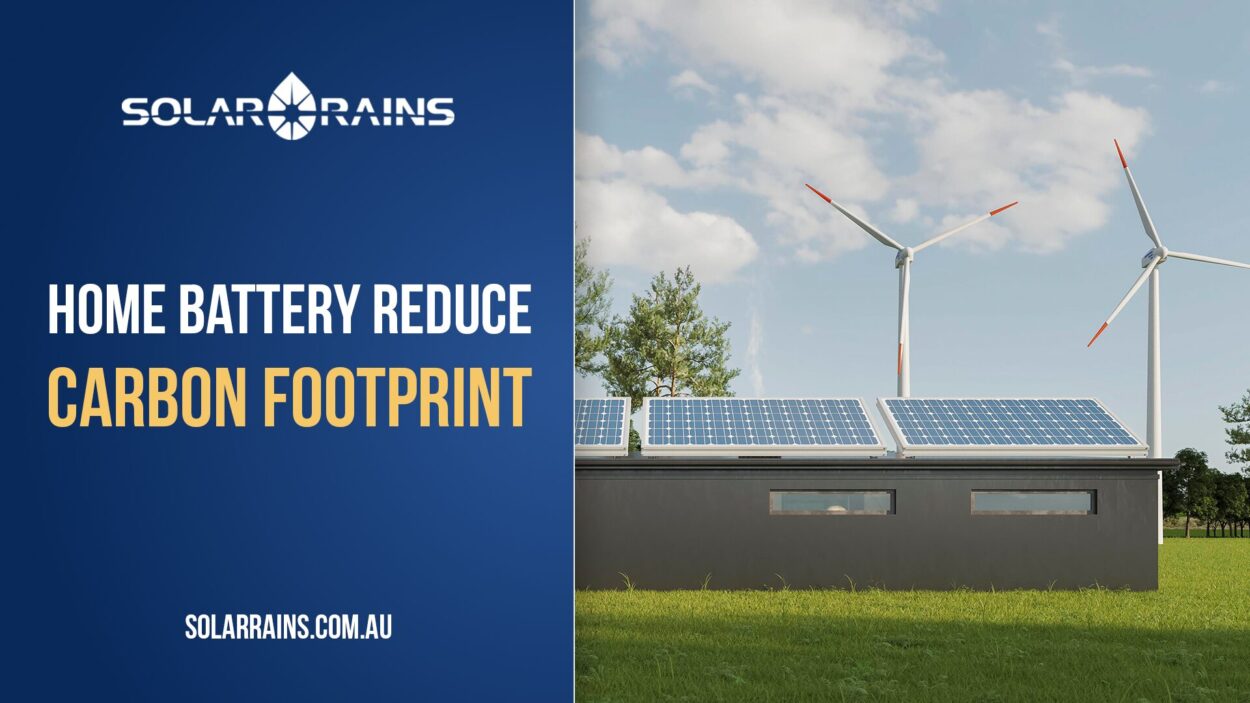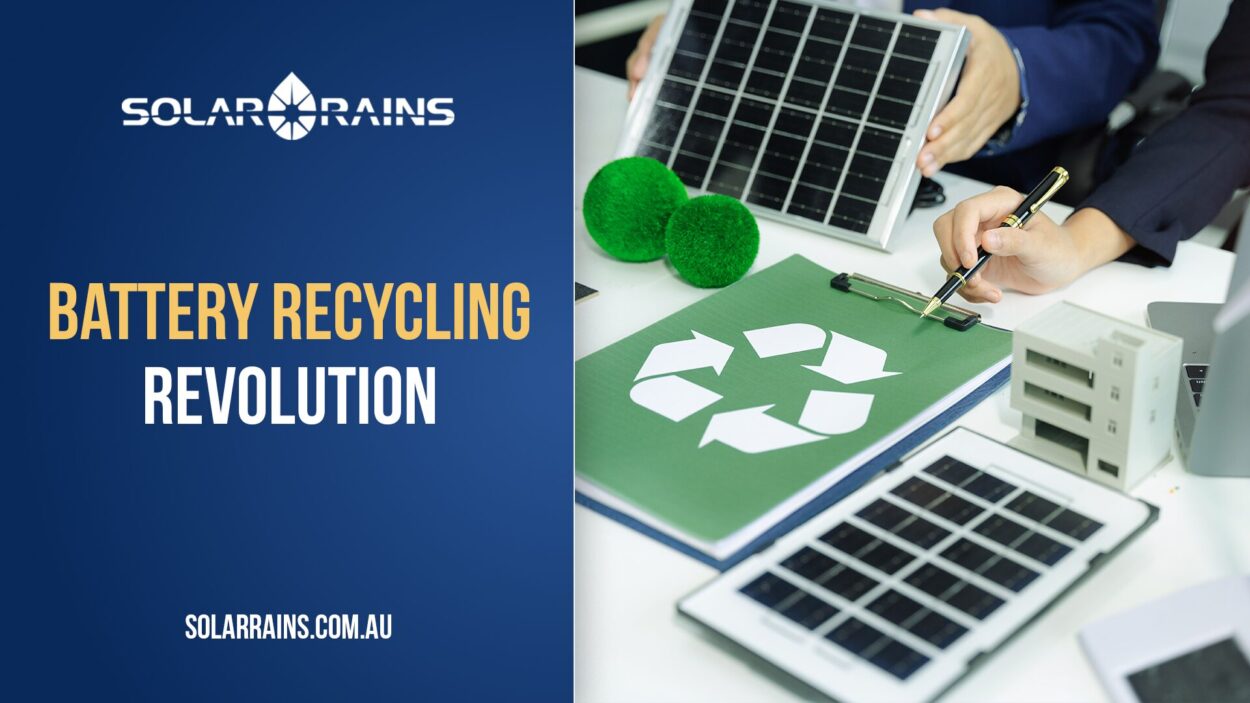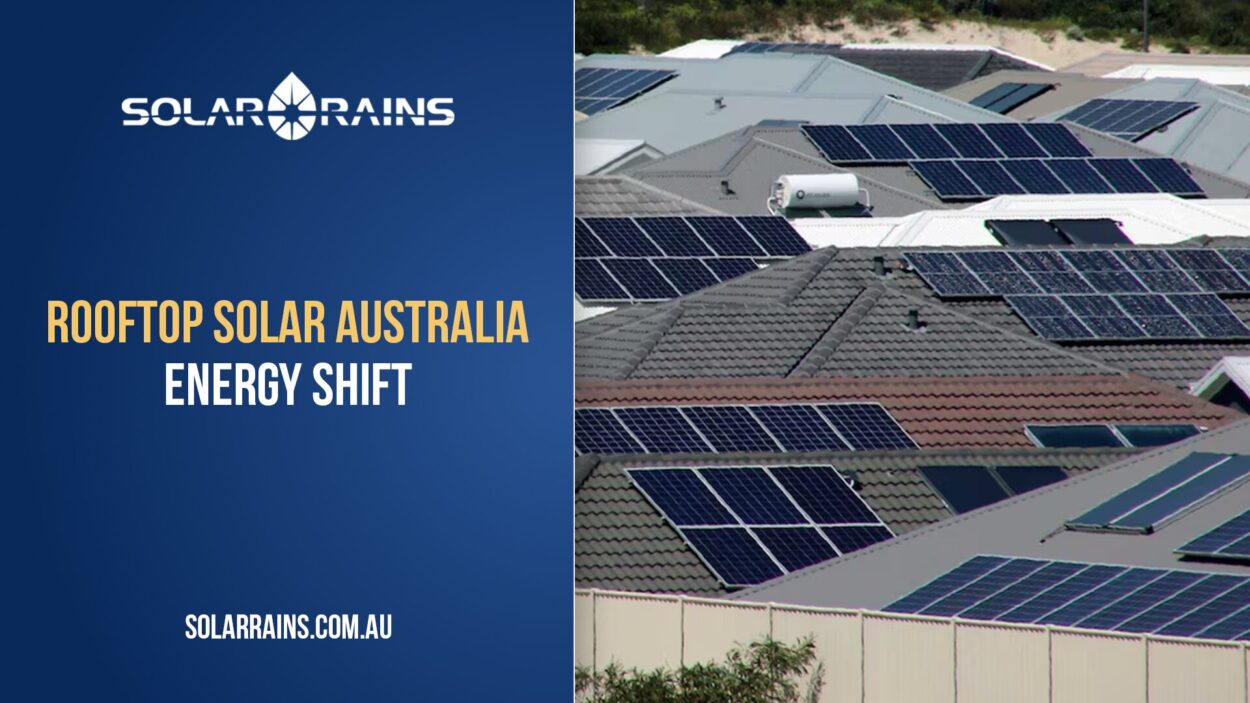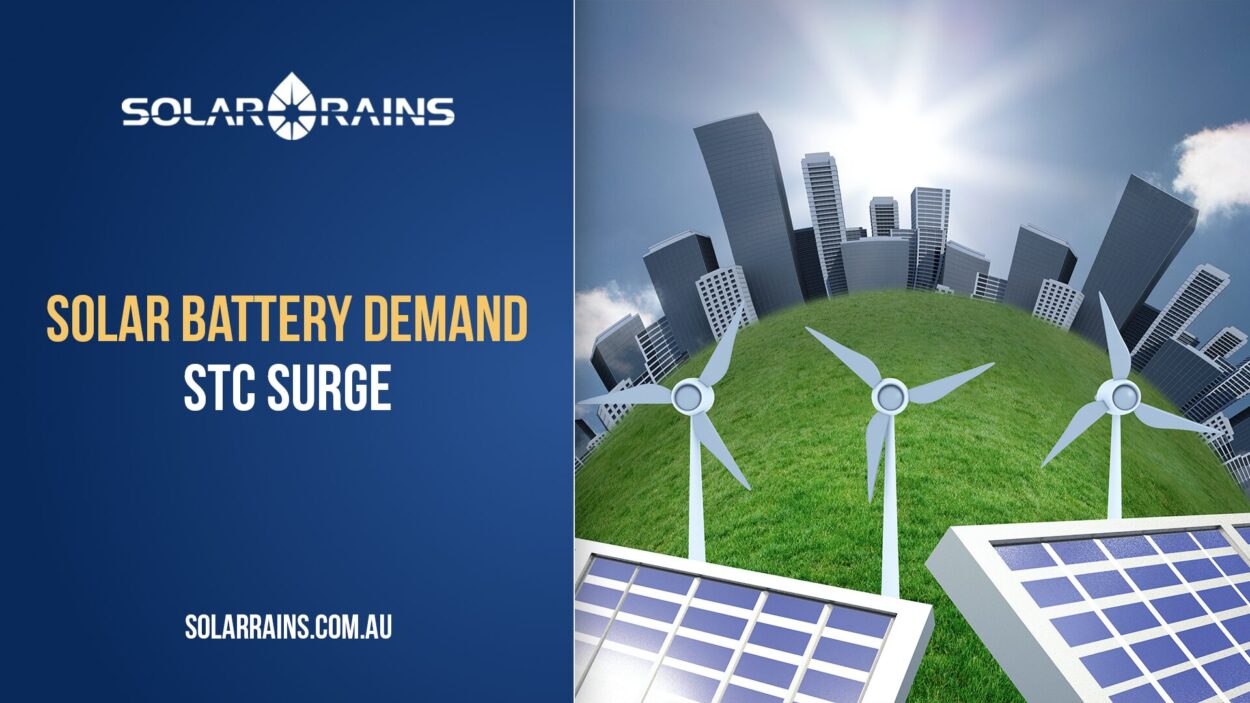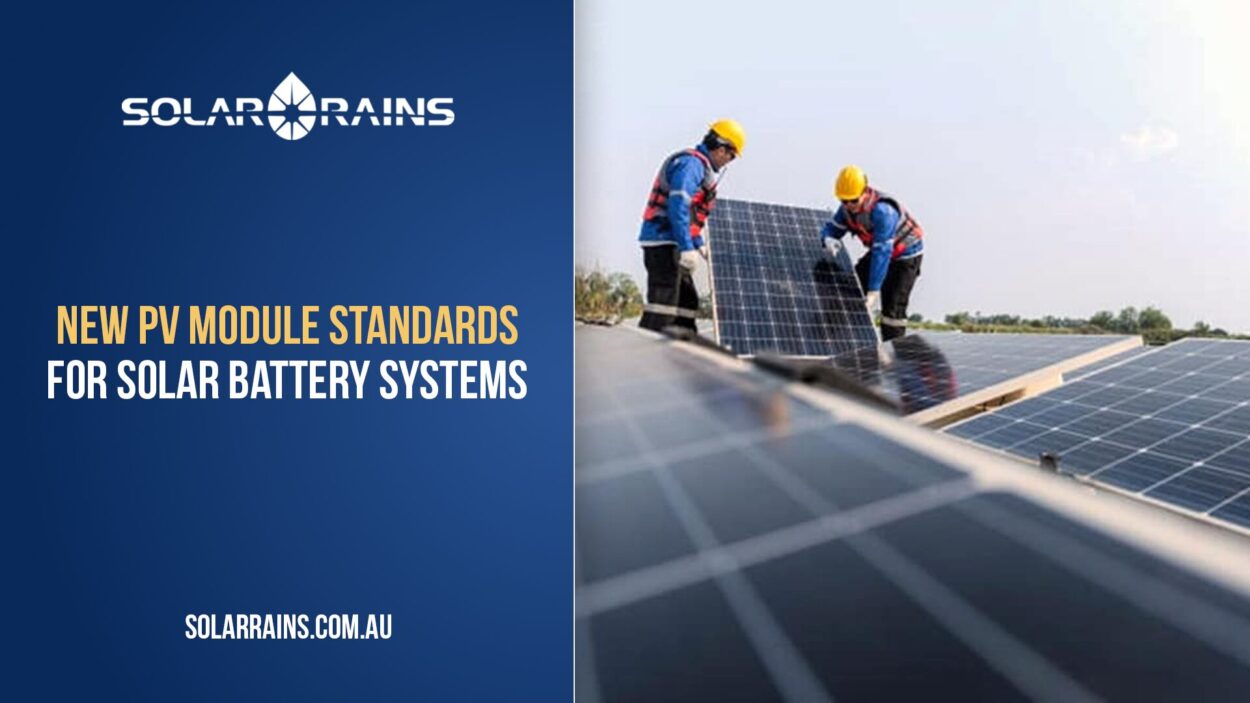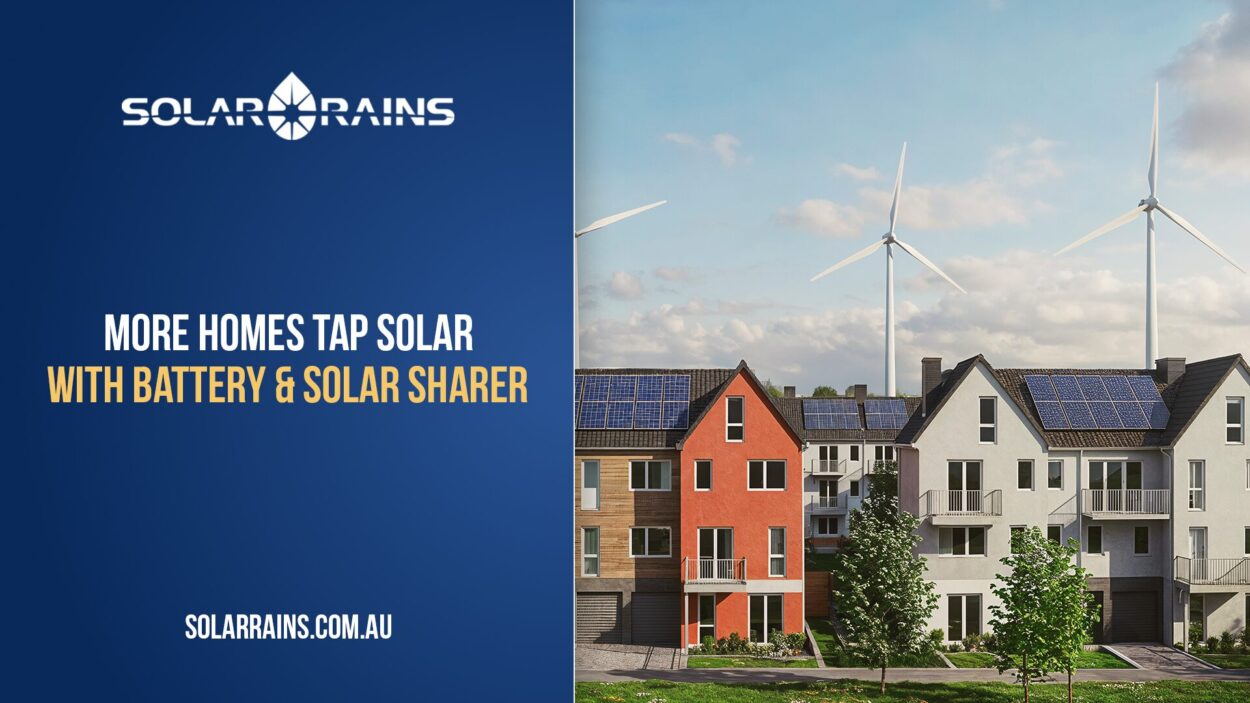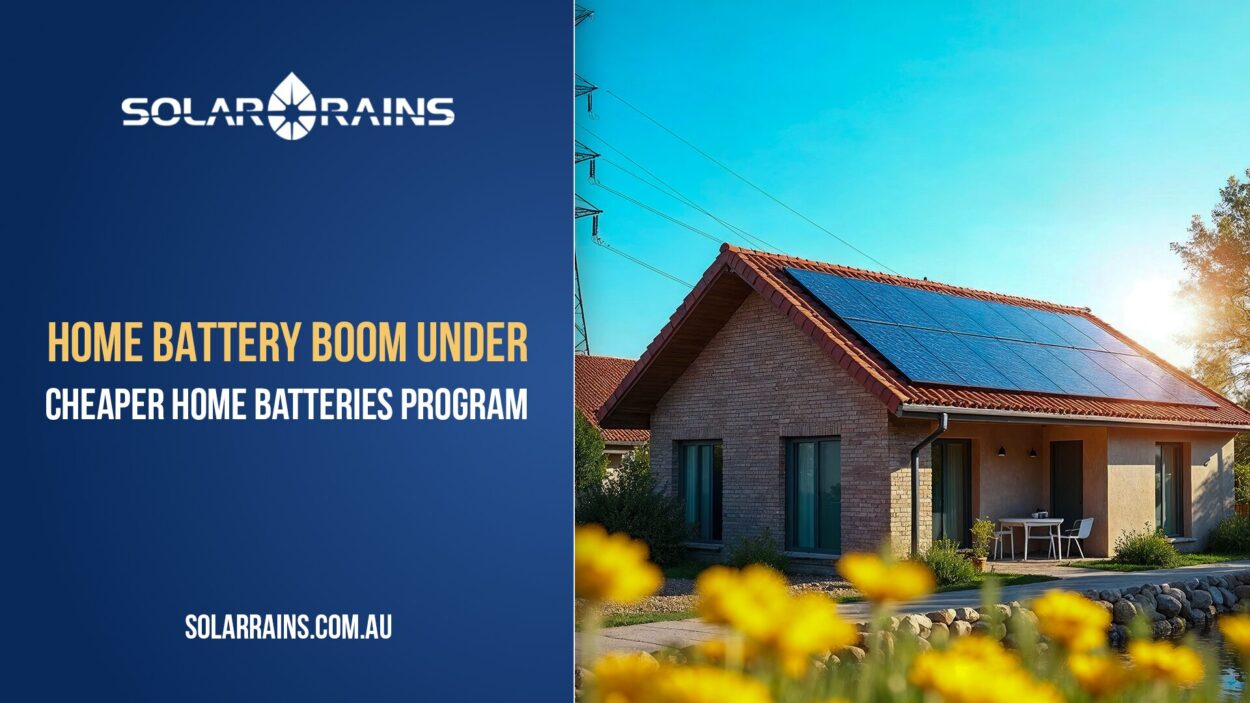A solar inverter is the heart of any solar system, it converts DC electricity from solar panels into usable AC power. When your inverter fails, your entire system is at risk. This guide explores common solar inverter problems and offers practical solutions to keep your solar setup efficient and reliable.
Solar Inverter Stopped Working
If your solar inverter suddenly stops, start by checking the basics:
- Power supply: Ensure AC power and DC input from the solar panel are active.
- Fuses and breakers: Look for blown fuses or tripped breakers.
- LED indicators: Most inverters have status lights that indicate faults.
Solution: Restart the inverter. If the issue persists, consult your installer or the inverter manufacturer for a service check.
Solar Inverter Not Turning On
New installations or grid issues can delay startup.
Possible causes:
- AC or DC disconnection
- Grid voltage/frequency out of range
- Improper installation or loose wiring
Solution: Verify proper wiring, grid availability, and isolation switches. Refer to the inverter’s user manual or contact a licensed technician.
Solar Inverter Keeps Tripping
Frequent tripping is not only frustrating but also affects your return on investment.
Common reasons:
- Over-voltage or under-voltage issues
- Grid disturbances
- Inverter overheating
Solution: Check if your grid voltage fluctuates outside the inverter’s tolerance. Ensure adequate ventilation to prevent thermal shutdowns.
Solar Inverter Trips Circuit Breaker
This issue often relates to short circuits or overcurrent situations.
Solution:
- Reset the breaker after turning off the inverter.
- If the trip occurs again, call an electrician to test for wiring issues or faulty components.
Solar Inverter Beeping
Beeping usually signals warnings like:
- Ground faults
- Low power production
- System errors
Solution: Consult the inverter display or app to read the error code. Refer to the manufacturer’s documentation or contact technical support.
Solar Inverter Not Giving Output
If your inverter shows zero output:
Possible causes:
- Nighttime (normal)
- Faulty MPPT tracking
- String disconnection or panel damage
Solution: Use the monitoring system to identify which string is underperforming. Inspect connections and panels for faults.
Solar Inverter Wi-Fi Connection Problems
Inverters with monitoring apps rely on stable Wi-Fi.
Solution:
- Reboot the router and inverter.
- Reconfigure network settings using the manufacturer’s app.
- Place the router closer to the inverter or use a Wi-Fi extender.
Why Is My Inverter Rated Lower Than the Solar Panels?
This is often intentional and known as inverter undersizing.
Reason:
- Solar panels rarely produce their peak rated output.
- A smaller inverter can reduce cost without significantly reducing performance.
Solution: If undersizing was part of the original system design and daily yield is acceptable, it’s normal. If not, consult with your solar supplier to review the system sizing.
Solar Inverter Ground Fault
Ground faults occur when current leaks to earth.
Symptoms:
- Safety shutdown
- Error codes (GFDI or Earth Fault)
Solution:
- Do not reset or bypass.
- Shut down the system and call a qualified solar technician immediately.
Why Does My Solar Inverter Keep Tripping?
If tripping is regular:
Possible causes:
- Grid instability
- Wrong configuration settings
- Hardware failure
Solution: Have your installer check firmware, grid profile settings, and inverter logs. Upgrade firmware if needed.
Preventive Tips for Smooth Solar Inverter Operation
To avoid unexpected issues, follow these tips:
- Schedule regular maintenance: At least once a year
- Keep the inverter cool: Install in a shaded, ventilated location
- Check production reports: Use apps to detect performance drops early
- Clean panels: Dirty panels can cause system imbalance
- Firmware updates: Keep your inverter software updated
Why Choose Solar Rains as Your Trusted Partner
At Solar Rains, we provide high-quality solar products, including reliable solar inverters and backup batteries. Our team offers:
- Expert installation & after-sales support
- Access to trusted solar inverter brands like Deye, Sofar & AlphaESS
- Tailored advice for residential and commercial clients
- Products compliant with Australian safety standards
Explore our Residential Battery & Inverter range to upgrade your system today.
FAQs – Explore more about Solar Inverter
Most inverters last 10-15 years. Premium models with proper maintenance can exceed 20 years.
No. Always hire a licensed technician. Inverter components operate at high voltage and pose safety risks.
Not necessarily. Beeping is a warning. However, if it persists or coincides with a shutdown, turn off the system and call your installer.
You may be consuming more than your solar system produces, or your inverter may not be functioning at full efficiency.
Yes, if your current inverter is not hybrid or battery-ready. Solar Rains offers hybrid inverters for seamless integration.
Final Thoughts
A solar inverter is essential to the performance of your solar system. Understanding common issues, and their solutions, empowers you to respond effectively. Whether you need a replacement inverter, performance check, or an upgrade to a hybrid system, trust a reputable solar supplier like Solar Rains.
Explore our range of solar products or contact us today to future-proof your solar power investment.


